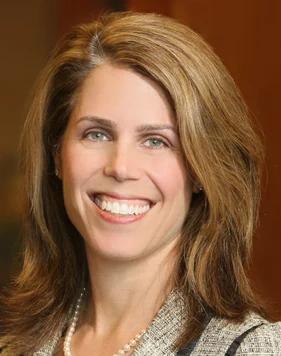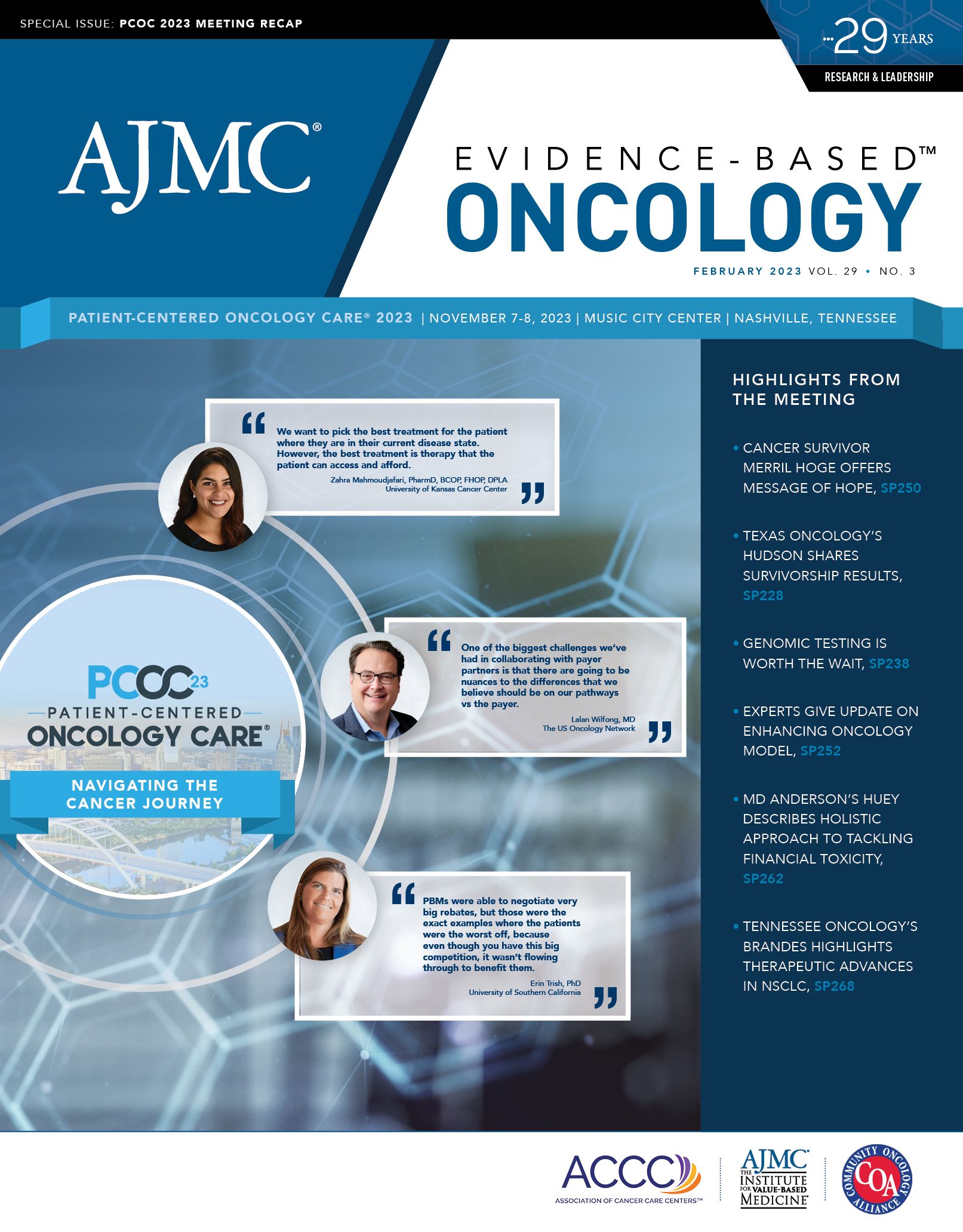- Center on Health Equity & Access
- Clinical
- Health Care Cost
- Health Care Delivery
- Insurance
- Policy
- Technology
- Value-Based Care
How Can Oncology Clinical Pathways Contribute to Burnout? Lucy Langer, MD, MSHS, Explains
From an interview conducted during Patient-Centered Oncology Care 2023.
Lucy Langer, MD, MSHS | Image: LinkedIn

Lucy Langer, MD, MSHS, national medical director of oncology and genomics at UnitedHealthcare, shares with Evidence-Based Oncology her perspective on the current state of oncology clinical pathways and how they can lead to confusion and burnout among providers.
The topic was discussed further among the panel discussion “Can Clinical Pathways Have Burnout, Too?” at Patient-Centered Oncology Care 2023.
EBO: Can you share your perspective on the current state of oncology clinical pathways?
Langer: As we all know, there’s a multitude of clinical pathways that are available now. Many organizations have gotten into the pathways-building business, starting with providers, but payers and private companies as well. And while all pathways are built on the same principles—meaning outcomes first followed by toxicity, and then when there are equivalent regimens, using real-world evidence or using cost or some other arbiter to determine what would be on pathways and what would not—even though we’re all using basically the same principles, somehow we’ve come to slightly different variations of pathways.
I’d say right now there’s a lot of noise in the system. And as a specialty, I think there’s an opportunity for us to come together and collaborate on what we consider to be high-quality care delivery in oncology and strive toward our common shared goals, which are to ensure that patients with cancer get the highest-quality care that they can, but we also keep it affordable, accessible, and sustainable.
EBO: Based on your panel, how can clinical pathways lead to added stress and burnout?
Langer: We started out talking about the multiplicity of pathways that are available, and I think it’s complicated and it’s confusing for providers, and I think providers sometimes mistake pathways for what we will or will not cover. At least at UnitedHealthcare, our pathways program is only additive; it’s not a punitive program. Our coverage policies are very broad, so providers get rewarded for knowing our pathways and for prescribing on our pathways, but they’re not penalized for not doing so.
I think it’s also important to know that the pathways programs that are out there are all striving for high-quality care. I think what we need to do to go forward to kind of find our way out of the confusion or maybe the burnout that providers are feeling is to really come to the table and collaborate about what we think is the indicator for high-quality care and agree on that. If that’s a certain pathways program, if it’s the NCCN [National Comprehensive Cancer Network], if it’s some other indicator, if we all agree as a specialty, then we can use that to move forward to reward high-quality, high-value care.

